LAGOS, Nigeria – Prominent media personality Toke Makinwa has taken a bold stance against the traditional practice of marking children with tribal scars, calling it a form of cruelty inflicted without their consent. Makinwa’s condemnation of this age-old custom was articulated in a series of heartfelt posts on her X account this past Sunday.
The issue came to the forefront for Makinwa after a recent encounter with a popular influencer who bore tribal marks. This meeting sparked a deep reflection on the cultural practice, leading her to voice her strong opposition publicly.
“Today, I saw a beautiful influencer with tribal marks, and it made me think about the cruelty that culture brought upon us,” Makinwa wrote. “Marking a child without his/her consent as a means of identification is evil. I know our parents didn’t know any better, but damnnnn!!!!”
Also read: Meet Meghan Dressel: The Woman Behind USA Swimmer Caeleb Dressel’s Success
Makinwa’s posts quickly gained traction, drawing attention to a practice that has long been a part of various African cultures. Tribal marks, often etched into the skin of children, were traditionally used for identification, aesthetic purposes, or as a rite of passage. However, the practice has faced growing criticism in recent years for its ethical implications, especially concerning the lack of consent from the children involved.
In her subsequent posts, Makinwa clarified that her critique was not aimed at the aesthetic value of tribal marks but at the fundamental issue of consent. “Thank God it’s abolished now. My grandma had tribal marks too,” she shared. “Some on her face and her arms. I wonder what life was like when she was younger, walking around with it. Though I’m sure a lot of people around her had the same, but thank God it’s cancelled now.”
The media personality’s comments quickly sparked a heated debate on social media. While some users supported her stance, applauding her for speaking out against the practice, others accused her of disrespecting cultural traditions. In response to the backlash, Makinwa elaborated on her position, emphasizing that her disapproval stemmed from the absence of consent, not from any judgment on the beauty of the marks themselves.
“It’s not the beauty or lack of it but the lack of consent,” Makinwa explained in a follow-up post. “But yeah, I’ve seen a couple of beautiful people with tribal marks.”
Makinwa’s outspoken views highlight a broader conversation about the intersection of culture, tradition, and human rights. While tribal marks have historical and cultural significance, the practice raises important questions about bodily autonomy and the rights of children. In many African societies, the marks were seen as a way to signify belonging to a particular tribe or community. However, as modern values evolve, there is increasing recognition of the importance of individual consent and the right to make personal choices about one’s body.
The practice of tribal marking has been on the decline, thanks in part to changing societal norms and increased awareness of the potential physical and psychological harm it can cause. Many countries have taken steps to ban or discourage the practice, reflecting a shift towards prioritizing the rights and well-being of children.
Makinwa’s condemnation of tribal marking is part of a larger trend of public figures using their platforms to advocate for social change. By speaking out against practices that infringe on individual rights, influencers like Makinwa play a crucial role in shaping public opinion and driving cultural evolution.
Also read; Miles Teller: From Baseball Dreams To Hollywood Stardom
The conversation around tribal marks is also a reminder of the complexities involved in balancing respect for cultural traditions with the need to uphold human rights. It underscores the importance of dialogue and education in addressing practices that may be harmful or outdated.
As society continues to grapple with these issues, voices like Toke Makinwa’s serve as a powerful reminder of the need to prioritize consent and individual autonomy. Her stance encourages reflection on how cultural practices can evolve to respect and protect the rights of all individuals, especially the most vulnerable.
In conclusion, Toke Makinwa’s denunciation of the practice of marking children with tribal scars without their consent has sparked an important conversation about culture, tradition, and human rights. Her advocacy highlights the need for ongoing dialogue and education to ensure that cultural practices evolve in ways that respect and protect individual autonomy and consent.

![Seyi Law Backtracks on “Safer” Nigeria Comment 1 Seyi Law makes U-turn, apologizes for saying Nigeria is safer than 10 years ago [Video]](https://wowplus.net/wp-content/uploads/2026/02/seyi-law-makes-u-turn-apologizes-for-saying-nigeria-is-safer-than-10-years-ago-video-680x680.jpg)
![“I’m Scared — VeryDarkMan Says Seyi Tinubu Threatened Him” 2 Seyi Tinubu is threatening my life – VeryDarkMan cries out [VIDEO]](https://wowplus.net/wp-content/uploads/2026/02/seyi-tinubu-is-threatening-my-life-verydarkman-cries-out-video-680x408.jpg)
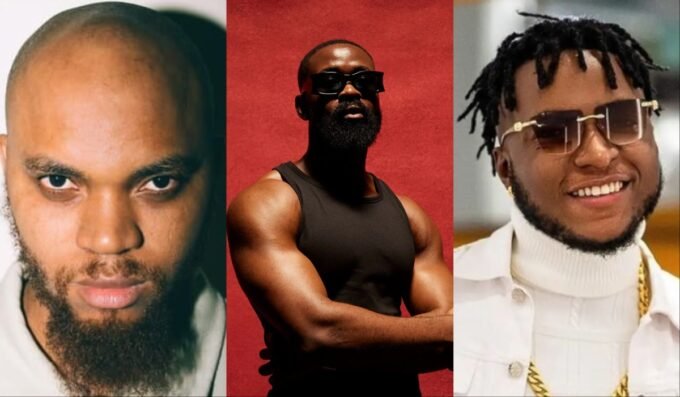
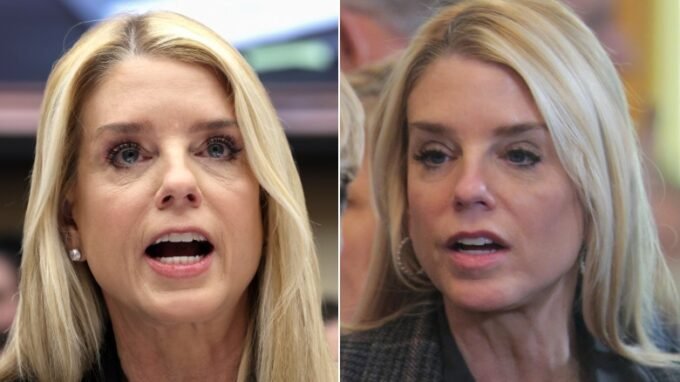
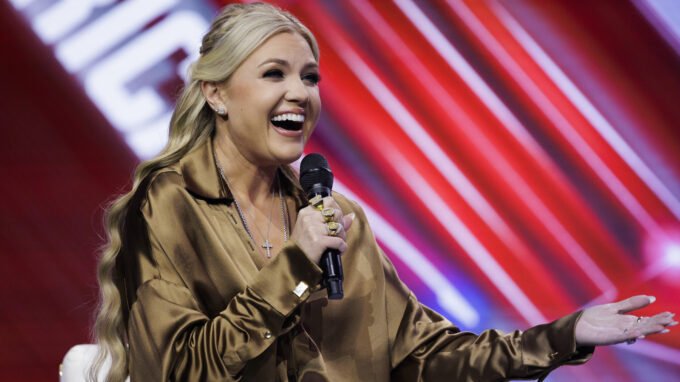

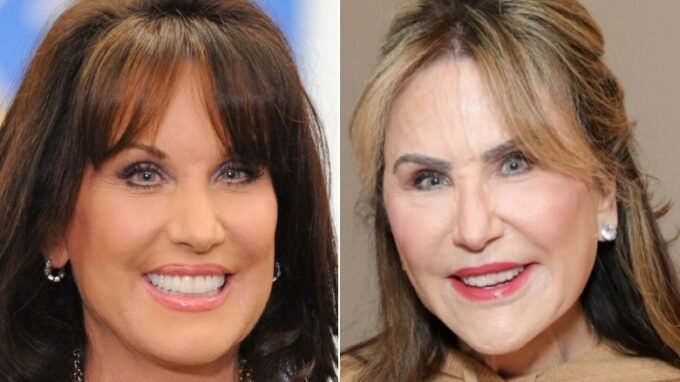
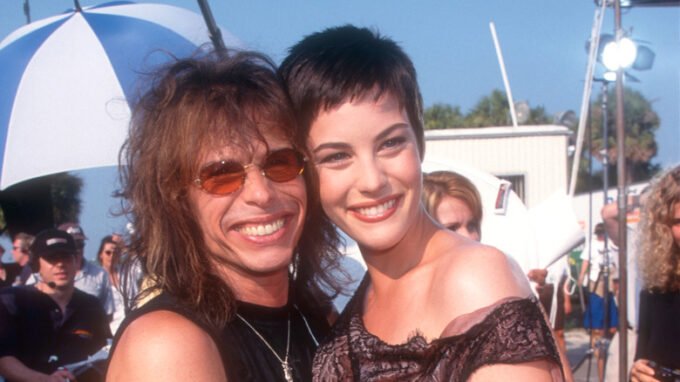
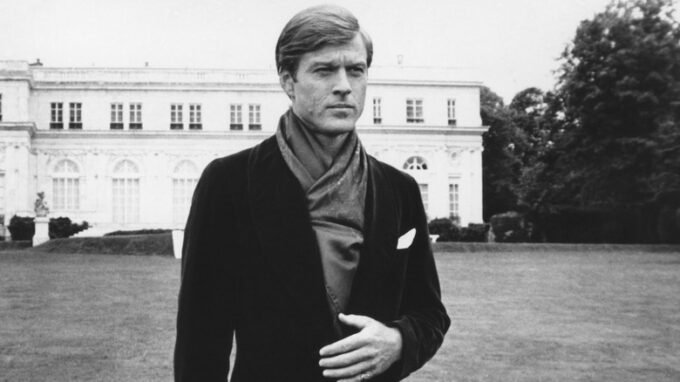
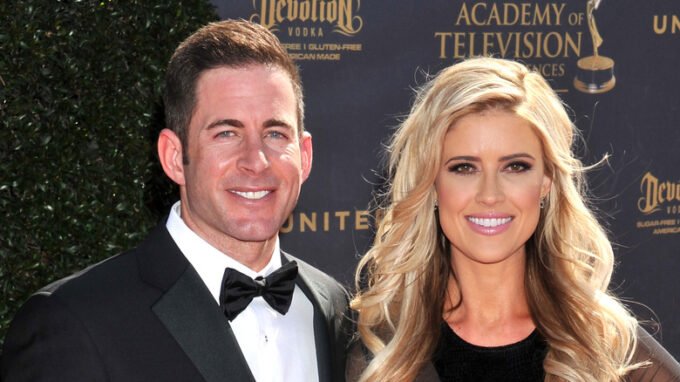








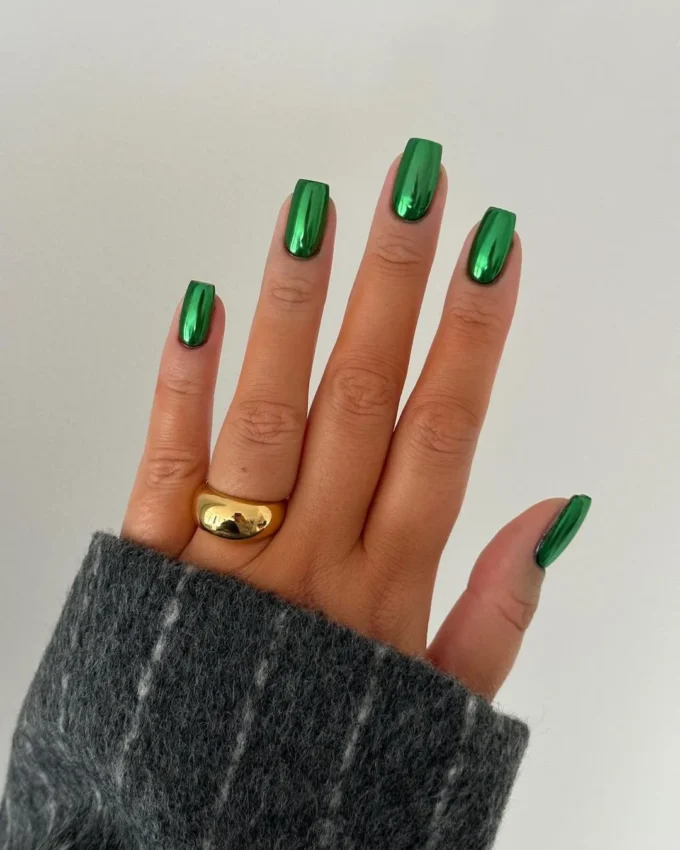



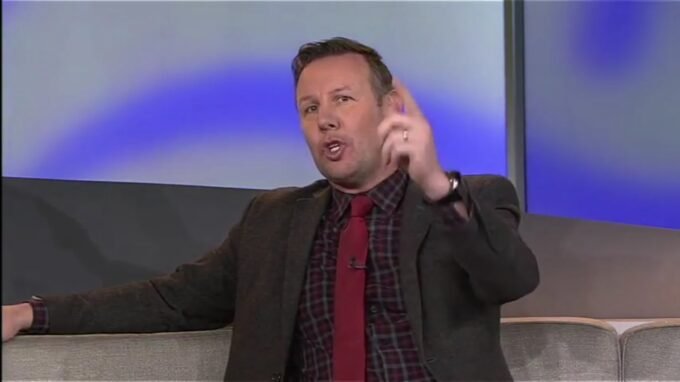
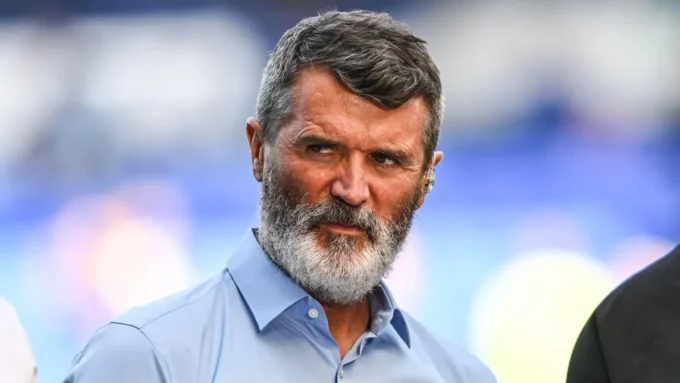
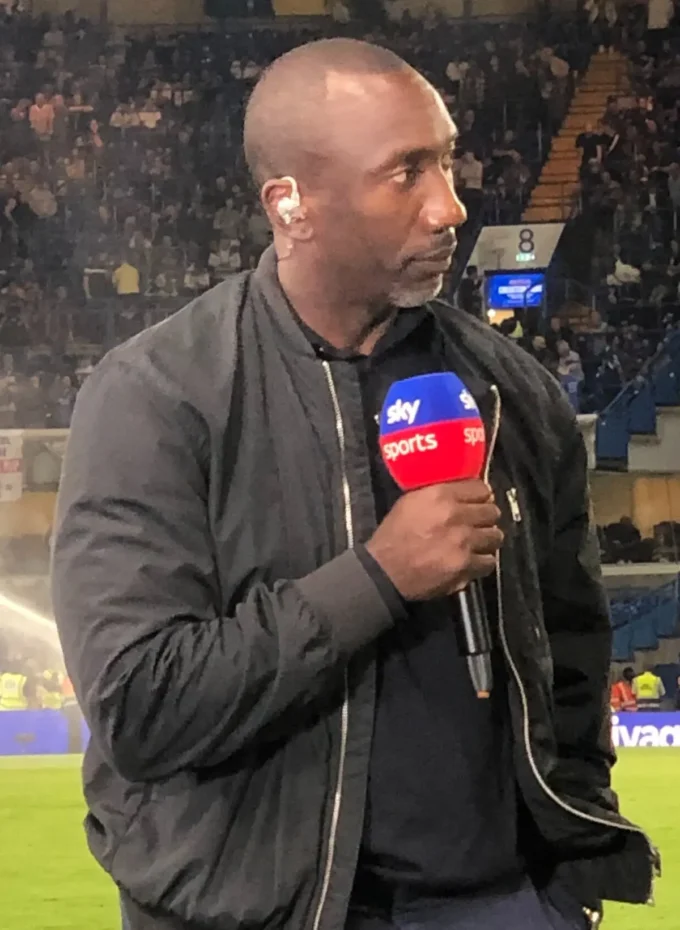


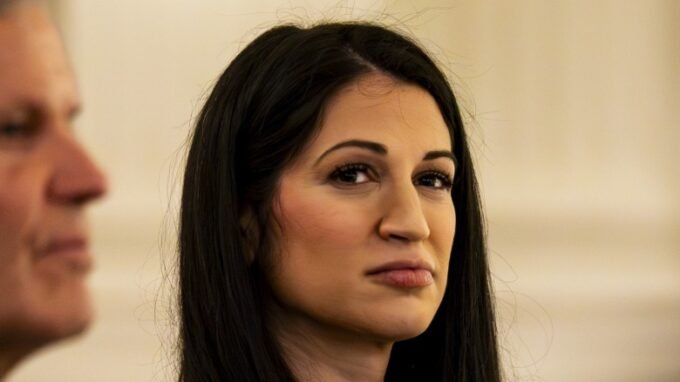

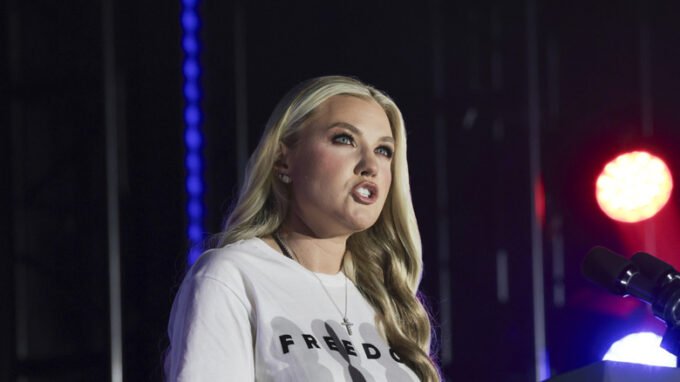



![Concerns Grow After Busola Oke Shares Emotional Message Online 132 ‘I’m no longer at peace’ – Concerns as Eleyele singer Busola Oke shares disturbing message [VIDEO]](https://wowplus.net/wp-content/uploads/2026/02/im-no-longer-at-peace-concerns-as-eleyele-singer-busola-oke-shares-disturbing-message-video-680x289.jpg)




![Actor Okemesi in Coma After Alleged Drug Complications 140 Actor Okemesi in coma following complications from drugs [VIDEO]](https://wowplus.net/wp-content/uploads/2026/02/actor-okemesi-in-coma-following-complications-from-drugs-video-200x267.jpg)
![Concerns Grow After Busola Oke Shares Emotional Message Online 141 ‘I’m no longer at peace’ – Concerns as Eleyele singer Busola Oke shares disturbing message [VIDEO]](https://wowplus.net/wp-content/uploads/2026/02/im-no-longer-at-peace-concerns-as-eleyele-singer-busola-oke-shares-disturbing-message-video-200x85.jpg)
Leave a comment